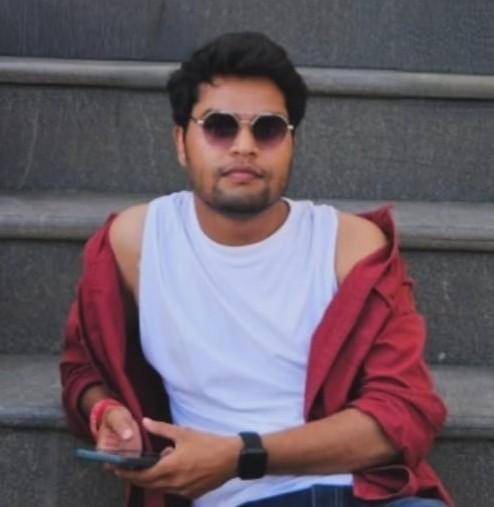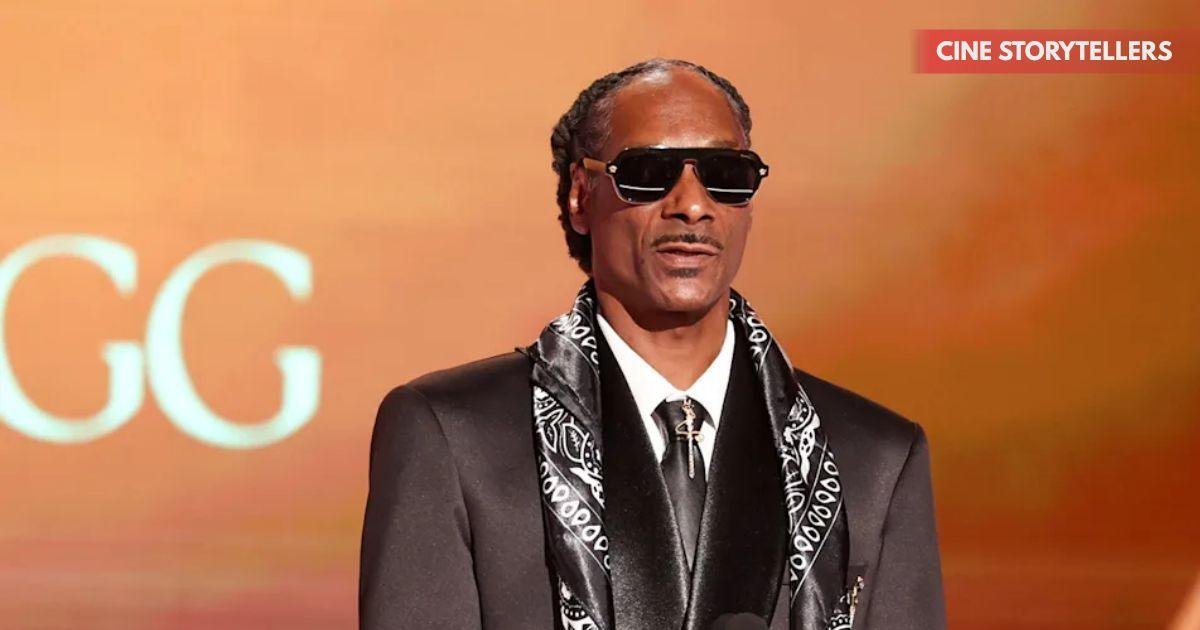Rap legend Snoop Dogg recently sparked a national debate regarding LGBTQ+ representation in children’s movies. During his appearance on Sarah Fontenot’s podcast It’s Giving, the music icon shared his experience taking his grandson to see Pixar’s 2022 animated film Lightyear.
Snoop Dogg expressed that he felt unprepared to address questions about the same-sex relationship depicted in the movie. He recalled his grandson asking how two women could have a child together, leaving him at a loss for words. “I just came to watch the g—— movie,” Snoop said, candidly expressing his discomfort with confronting these questions in real-time.
The Context: Lightyear and Its Controversy
Pixar’s Lightyear, a spinoff from the Toy Story franchise, became the center of controversy when it included a same-sex couple. Initially, a same-sex kiss scene was removed but later restored, which led to debates across social media about whether children’s media should feature LGBTQ+ characters.
Snoop Dogg’s comments have amplified this discussion, with some viewers agreeing with his hesitation, while others criticized his reaction as being outdated or out of touch.
Social Media Reactions: A Divided Audience
Snoop Dogg’s remarks have ignited strong reactions online. Conservative audiences praised his honesty, noting that many parents face similar challenges when explaining complex issues to young children. Meanwhile, progressives and LGBTQ+ advocates expressed disappointment, arguing that children’s media should reflect diverse family structures and social realities.
The debate highlights a broader cultural conversation about the role of representation in children’s entertainment. As more films and television shows include LGBTQ+ characters, parents and guardians are increasingly tasked with addressing these themes thoughtfully.
Celebrity Opinions on LGBTQ+ Representation in Media
Snoop Dogg is not the first celebrity to comment on the inclusion of LGBTQ+ characters in family films. Over the past decade, numerous actors, musicians, and filmmakers have weighed in on the balance between creative freedom and parental guidance.
Some argue that exposure to diverse relationships helps children develop empathy and understanding. Others, like Snoop Dogg, caution that sudden exposure without preparation can create confusion for both children and guardians.
Why Representation Matters in Children’s Media
The inclusion of LGBTQ+ characters in children’s movies is more than a trend; it reflects the evolving understanding of family and society. Representation allows children from LGBTQ+ families to see themselves reflected in media, fostering a sense of belonging and normalcy.
Moreover, even children from traditional families benefit from seeing diversity on screen. Stories that reflect various cultures, family structures, and identities help cultivate empathy, critical thinking, and awareness of the world around them.
The Role of Parents and Guardians
Snoop Dogg’s candid admission underscores a challenge many parents face today: how to address questions about identity, relationships, and sexuality in age-appropriate ways. Experts recommend preparing children for such topics in ways that align with their family values.
It’s important for guardians to view media together with their children, encouraging open dialogue and providing context for complex subjects. This approach can transform potentially awkward moments into valuable learning experiences.
Upcoming Projects and Public Appearances
Despite the controversy, Snoop Dogg remains active in his professional life. He is scheduled to perform at the Australian Football League’s Grand Final, proving that his influence extends well beyond music and social commentary.
While his comments on LGBTQ+ representation in children’s media may have drawn mixed reactions, they serve as a reminder of the evolving role public figures play in shaping conversations around culture, entertainment, and societal norms.
The Future of LGBTQ+ Representation in Children’s Films
The inclusion of LGBTQ+ characters in family films is unlikely to slow down. Studios like Pixar, Disney, and DreamWorks continue to explore diverse narratives, balancing storytelling innovation with social responsibility.
As more films include LGBTQ+ themes, conversations similar to those sparked by Snoop Dogg’s remarks will likely continue. These discussions highlight the need for open dialogue between filmmakers, parents, and audiences about how media reflects the society we live in.
Conclusion
Snoop Dogg’s recent remarks about LGBTQ+ characters in children’s films have ignited debate across the nation, highlighting the challenges parents face in discussing complex societal issues with young children. While reactions are divided, the conversation underscores the growing importance of representation in media and the role of guardians in guiding children through cultural developments.
As family movies continue to reflect diverse relationships and identities, open dialogue, preparation, and understanding remain key tools for navigating the evolving landscape of children’s entertainment.
Also Read : Ballard on Prime Video: Release Time, Plot, Cast
FAQs
Q1: What exactly did Snoop Dogg say about LGBTQ+ characters in children’s movies?
A1: Snoop Dogg expressed discomfort after taking his grandson to see Pixar’s Lightyear, which featured a same-sex couple. He admitted he didn’t know how to answer his grandson’s questions about how two women could have a baby together.
Q2: Why did Lightyear face controversy?
A2: The film included a same-sex kiss that was initially removed but later restored, sparking debates about LGBTQ+ representation in media targeted at children.
Q3: How have social media users reacted to Snoop Dogg’s comments?
A3: Reactions are mixed. Some conservatives praised his honesty, while progressive audiences criticized him for being uncomfortable with LGBTQ+ themes in children’s media.
Q4: What is the importance of LGBTQ+ representation in children’s movies?
A4: Representation fosters inclusivity, allows children from LGBTQ+ families to see themselves reflected, and helps all children develop empathy and awareness of diverse experiences.
Q5: How can parents approach these topics with children?
A5: Parents are encouraged to watch films together, provide age-appropriate context, and engage in open conversations to answer questions thoughtfully and respectfully.
Join our WhatsApp channel for more updates and information about celebrities and entertainment

I’m Atul Kumar, founder of Cine Storytellers and an entertainment creator with 5+ years of experience. I cover films, celebrities, music, and OTT content with a focus on accurate, ethical, and engaging storytelling. My goal is to bring readers trustworthy entertainment news that informs, inspires, and goes beyond gossip.
Discover more from Cine Storytellers
Subscribe to get the latest posts sent to your email.
